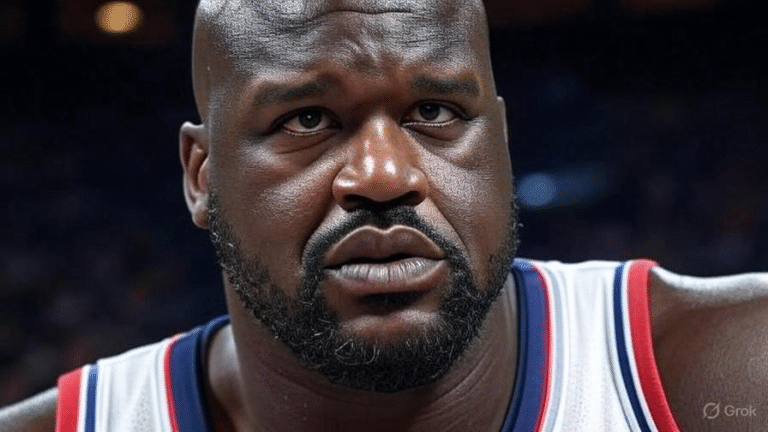Celebrated Poet Andrea Gibson Dies at 49, Leaving a Legacy of Love and Resilience

Andrea Gibson, a renowned poet and performance artist known for their poignant exploration of gender identity, politics, and a four-year battle with terminal ovarian cancer, passed away Monday at age 49 in Boulder, Colorado. Their wife, Megan Falley, announced the news on social media, noting Gibson died at home surrounded by Falley, four ex-girlfriends, their parents, friends, and three beloved dogs.
Gibson and Falley are the focus of the documentary Come See Me in the Good Light, which won the Festival Favorite Award at the 2025 Sundance Film Festival and is set to stream on Apple TV+ this fall. Directed by Ryan White, the film chronicles their enduring love amid Gibson’s cancer journey and features an original song by Gibson, Sara Bareilles, and Brandi Carlile. At a tearful Sundance screening in January, Gibson shared they hadn’t expected to live to see the film’s debut.
Tributes flooded social media from fans, friends, and poets, who credited Gibson’s work with transforming and even saving lives. LGBTQ+ fans praised Gibson’s poetry for fostering self-love, while those with terminal illnesses found solace in their reflections on mortality, particularly in lines like those from “Love Letter from the Afterlife”: “Dying is the opposite of leaving… I am more here than I ever was before.” Bareilles, mourning Gibson’s loss, called them “a wonder to behold and be held by.”
A Maine native who relocated to Colorado in the late 1990s, Gibson served as Colorado’s poet laureate for the past two years. Their books, including You Better Be Lightning, Take Me With You, and Lord of the Butterflies, and spoken word albums like Swarm and Truce, earned widespread acclaim. Gibson also excelled in slam poetry competitions. Colorado Governor Jared Polis hailed Gibson’s advocacy for arts education and their profound connection with diverse audiences.
In a 2017 Out magazine essay, Gibson recalled coming out as gender queer at 20 while attending Saint Joseph’s College of Maine, writing, “I am happiest on the road/ When I’m not here or there—but in-between.” Their cancer diagnosis inspired powerful works like “How the Worst Day of My Life Became My Best” (2021), where they declared, “When I realized the storm/was inevitable, I made it/my medicine,” and later poems questioning the afterlife’s emotional weight.



